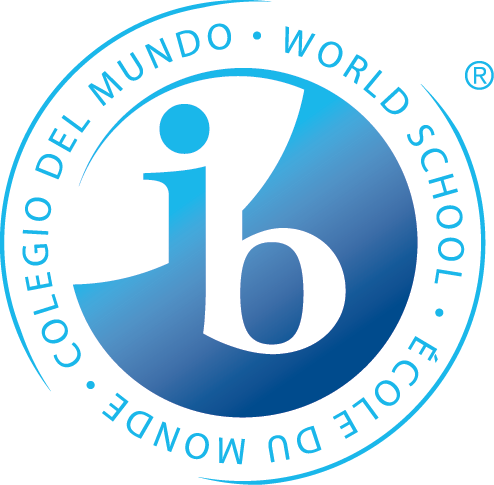

Frequently asked questions
for ambitious and determined students at the age of 16-19 in the last two years of high school
for students who strive for in-depth specialized studies
for the ones that are interested in modern international education
for young people who have a clear vision on their future professional realization
-Standardized examinations
-Equal criteria of assessment in every IB school.
-75% external assessment carried out by international examiners
-Effective pre-university preparation
-Teachers participated in seminars for professional qualification organized by IB
-IB Diploma recognition by prestigious universities around the world as a guarantee for high quality education.
-The IB Diploma awarded – candidate students who are longed by the most prestigious universities
-IB Diploma recognition without further enter tests
-Credits acknowledgment
-Competitive skills in other educational areas
-Developing of lasting positive approach to the studies and continuously striving for knowledge acquirement
-active citizenship and international mindedness
-Developing of self-esteem and self-confidence
The most fundamental thing to consider is that the IB offers a programme consisting of six subjects and a core curriculum backed by a holistic philosophy. A Levels are stand-alone exams accredited by the UK government. You will have to make your own comparison, and can find more information on our Diploma Programme in this page:
https://meridian.supersite.bg/en/edit/new-page/new-page-5
The Diploma Programme is a comprehensive and balanced two-year curriculum and assessment system that requires students to study six subjects and core components across all disciplines. Within this structured framework, the Diploma Programme provides a great deal of flexibility, accommodating student interest and abilities. Through careful subject selection, students may tailor their course of studies to meet their needs.
Regardless of the subject selection, all students explore the connections between the six major subject areas, study each subject through an international perspective, reflect critically on what it means to be a knower, pursue one subject in great detail through independent research, and have the opportunity to apply their knowledge and skills through local and community outreach.
Assessment of student achievement happens in a variety of ways throughout the course of the two-year programme. It includes assessment of student work both by outside examiners as well as the students’ own teachers. The assessment itself undergoes careful review and moderation to ensure that a common standard is applied equally to the work of all students internationally.
For these reasons, the IB Diploma is recognized by colleges and universities around the world as a superior education, preparing students to succeed at post-secondary institutions.
Many colleges and universities have developed their own recognition policies. The individual policies vary greatly, but they all have one thing in common. Through their policies, these institutions make it apparent that they understand and appreciate the Diploma Programme student and the rigour of the Diploma Programme itself. This recognition comes in many forms but the most common are:
* Recruitment—actively recruiting Diploma Programme students
* Admission—ensuring that the IB diploma is fully recognized in the admissions process; addressing Diploma Programme students specifically in documentation and publications
* Placement—acknowledging the rigour of IB courses and establishing prerequisites for IB courses that are fair and equitable in comparison with those for state, provincial and/or other examination courses; understanding and acknowledging the English language proficiency of international Diploma Programme students
* Credit—providing detailed information on the courses for which credit is possible based on Diploma Programme examination scores; specifically understanding and recognizing theory of knowledge, the extended essay and the content of standard level courses as well as the content of higher level courses
* Scholarships—providing scholarships or scholarship opportunities specifically for IB diploma students.
Yes, but while the Diploma Programme itself is the same from school to school, the subject choices available to students will vary. For this reason, families are encouraged to contact the Diploma Programme coordinator at the school in the area in which they plan to relocate.





